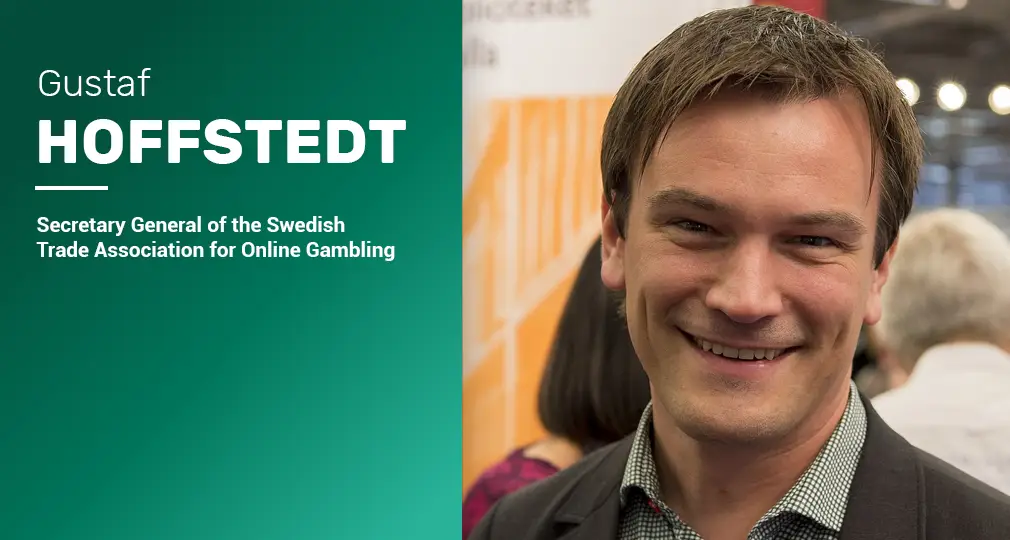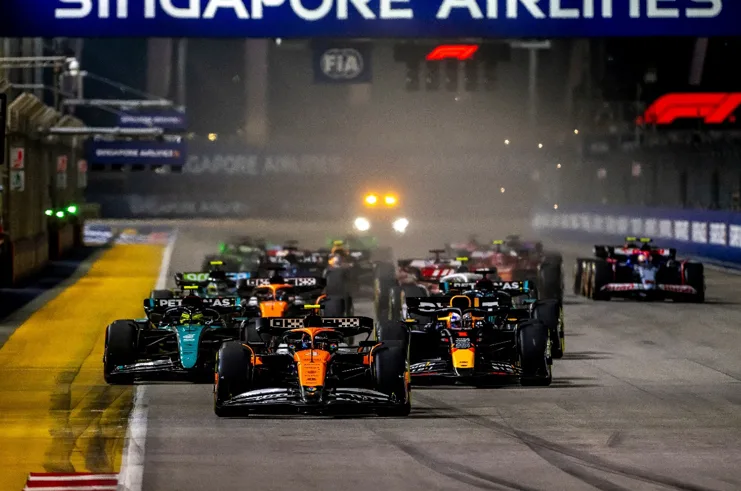According to the latest gambling news, much criticism has been expressed by gambling operators in the direction of the decision of the Swedish authorities to implement a series of temporary restrictions, which are aimed to protect players from gambling-related harm in the period of the coronavirus pandemic. To find out more details of this situation and the overall state of the industry, we have communicated with Gustaf Hoffstedt, who has been the Secretary General of the Swedish Trade Association for Online Gambling since January of 2015.
In the recent news, it has been discussed that the Swedish government is going to fight against international operators, which provide services without permission from the country’s regulator. In your opinion, to what results will it lead?
We welcome measures from the government to keep in Sweden unlicensed gambling companies out. These measures are however expected to only have a minor impact on the channelization situation. There are various reasons for this, but one important reason to highlight is the legislation that only prohibits unlicensed gambling if the operator is targeting the Swedish market. Typically, you are not considered as targeting the Swedish market if you are open to Swedish gambling customers but abstain from using the Swedish language and the Swedish currency. Most Swedes are fairly skilled in English and use the Euro on a daily basis. If such legislation is meant to be a threshold for Swedish customers to avoid unlicensed gambling, it is not working particularly well.
How will the Swedish government’s decision to extend temporary restrictions influence the country’s gambling market?
It will have two consequences, both of which we have already observed since the temporary restrictions were implemented on July 2.
The first consequence is that some consumers stay within the licensing system but with a much higher amount of gambling accounts at various licensed operators. The reason is to avoid the 5.000 krona deposit limit. This has a negative impact on the duty of the operator to supervise the gambler’s behavior and offer support whenever an addiction behavior is suspected. That is easy to do if you are the only or one out of two or three operators, but impossible if you are one out of fifteen operators the customer turn to. The operators have become blind. Since the costumers turn to so many operators to avoid the deposit limit, no operator has an acceptable level of understanding regarding a costumer’s possible gambling problem.
The second consequence is that some customers abandon the licensing system to avoid the deposit limit. The Swedish licensing system is set under hard pressure and is still leaking like a sieve.
What problems, except for COVID-19’s impact, does the Swedish gambling market experience at the current time?
The fundamental problem – to which we as an industry are to blame – is the low reputation we gain in society. The low reputation increases the risk of decision making among politicians, investors, regulators, and other important stakeholders that are connected to preconceptions rather than facts. This is something that we should have worked harder with when we were a young industry twenty years ago, but I still believe that we do not invest enough time, money, and understanding that we operate in a society that rightfully demands of us that we shall be good citizens.
A recent study has shown that a very small number of gamblers in Sweden understand how to distinguish between licensed and unlicensed operators. Are there any ways to improve this situation?
Yes, and I believe we will see a couple of interesting initiatives from the Swedish Gambling Authority during 2021. But an essential question here is: are we sure that the customer prefers to gamble on licensed operators? Bear in mind that they are obliged to comply with a number of measures that make them dull, according to many costumes, such as the prohibition to offer almost any kind of bonuses and other loyalty treatment.
In your opinion, under current regulations in Sweden, how can operators strike a balance between the promotion of responsible gambling principles and revenue increase?
Swedes have been gambling for decades, but what we see now is a dramatic shift from land-based gambling to online. Sweden is with its 58,6 percent market proportion for online gambling of the total gambling market number one in Europe, according to H2 Gambling Capital.
Despite that, there is still a large proportion of land-based gamblers to present how brilliant online gambling is. In such transition also lies increased profitability for online gambling and also strengthened customer protection. The main reason for the latter lies within online gambling’s unique possibility to monitor customer behavior and offer assistance to possible problem gamblers.
Read more: Best Gambling Payment Providers












